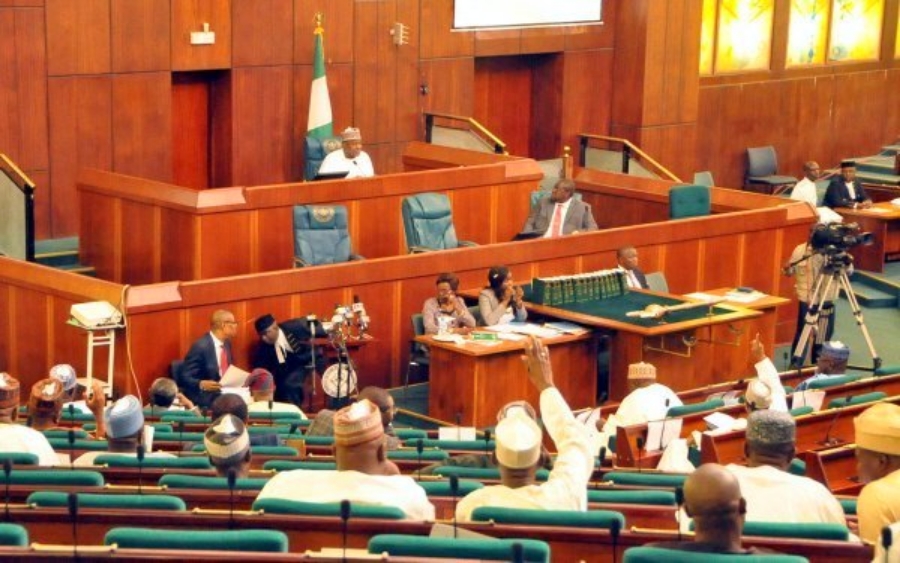The Nigerian Senate has officially passed into law the Finance Bill 2022 following a third reading on the floor of the Senate.
The development was confirmed in a statement by the Senate at the end of a plenary session on Wednesday.
According to the statement, Senator Adeola Solomon moved the motion for the Senate to receive and consider the report on the Finance Bill, 2022 by the Senate Committee on Finance.
The move was seconded by Senator Isah Jibrin after which the bill was read for the third time and then passed.
The fundamentals of the bill: The Minister of Finance, Budget and National Planning, Zainab Ahmed said the proposed bill is anchored on five fundamental policy drivers which are:
- Tax Equity
- Climate Change
- Job Creation/Economic Growth
- Tax Incentives Reform
- Revenue Generation/Tax Administration.
According to the Minister, other aspects of the Finance Bill include chargeable assets, exclusion of losses, and replacement of business assets.
The 2022 Finance Bill proposed amendments to some fiscal laws such as the capital gains tax, company income tax, Customs Excise Tariff Act, Federal Inland Revenue Service Act, personal income tax, and Stamp Duties Act.
In case you missed it: Recall that Nairametrics reported last week that the suspended excise duty on telecommunication services featured again in the 2022 Finance Bill which the National Assembly is currently considering.
- If passed into law, Nigerians will have to pay more for calls, data, and other telecommunications services effective from next year.
- While the duty was also captured in the 2021 Finance Act, moves by the Ministry of Finance to implement it earlier this year were shut down by the Minister of Communication and Digital Economy, Isa Pantami.
- Pantami had faulted the timing and process of imposing the tax on the telecom industry, arguing that part of the responsibility of responsive government is not to increase the problems of the citizens.
















